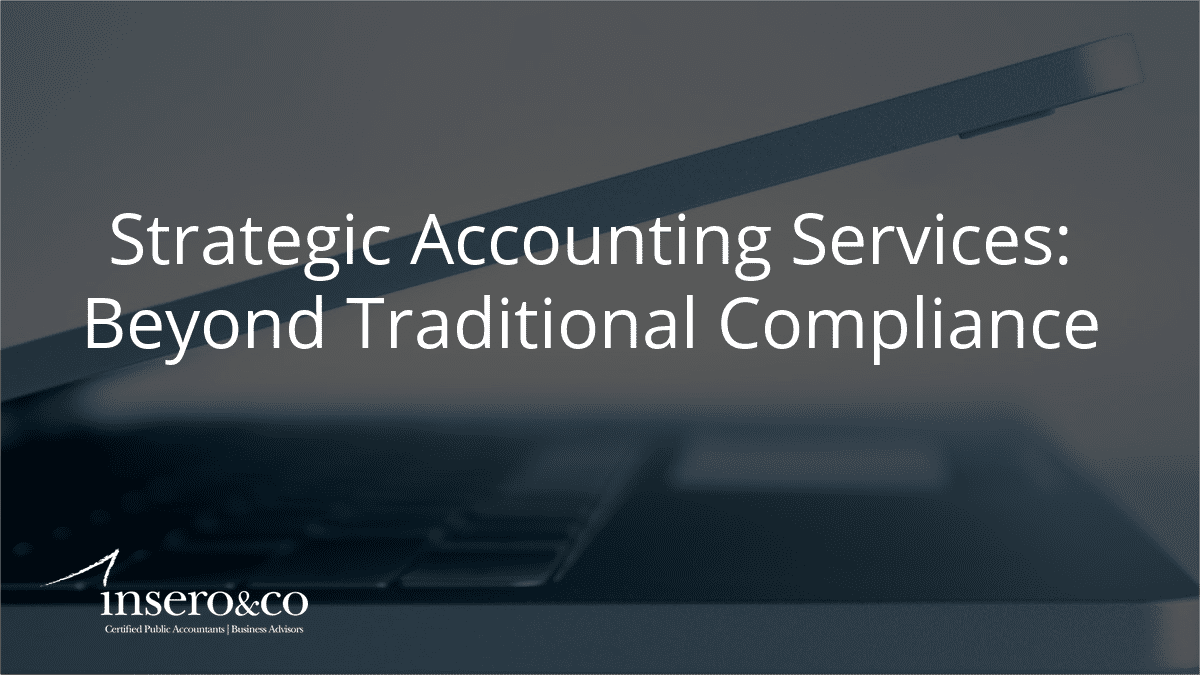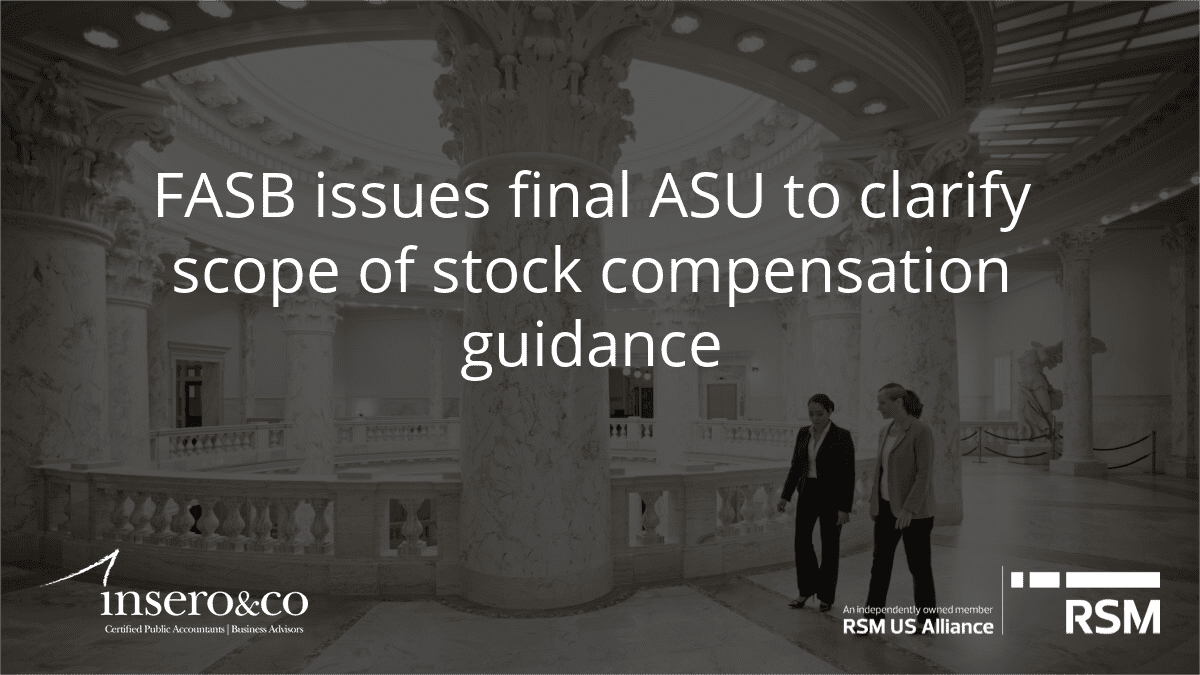The U.S. Senate and House of Representatives passed a $900 billion COVID-19 relief bill last night. The bill goes to President Donald Trump today, who is expected to sign it into law. The bill provides $600 stimulus payments to individuals, adds $300 to extended weekly unemployment benefits, and provides more than $300 billion in aid for small businesses.
The bill ensures tax deductibility for business expenses paid with forgiven Paycheck Protection Program (PPP) loans and provides a new round of PPP funding allowing businesses facing significant revenue reductions the opportunity to apply for a second loan.
Key provisions in the bill include:
- $325 billion in aid for small businesses including a new round of PPP funding.
- $166 billion for economic impact payments of $600 for individuals making up to $75,000 per year and $1,200 for married couples making up to $150,000 per year, as well as a $600 payment for each dependent child.
- $120 billion to provide workers receiving unemployment benefits a $300 per week supplement from Dec. 26 until March 14, 2021. This bill also extends the Pandemic Unemployment Assistance (PUA) program and the Pandemic Emergency Unemployment Compensation (PEUC) program.
- $25 billion in emergency rental aid and an extension of the national eviction moratorium through Jan. 31, 2021.
- $45 billion in transportation funding for airlines, transit systems, state highways, airports, and Amtrak.
- Extension of the employee retention tax credit, several expiring tax provisions and temporarily allows a 100% business expense deduction for meals (rather than the current 50%) incurred in 2021 and 2022.
Payroll Protection Program (PPP)
The bill provides for a second round of PPP funding (PPP2) as follows:
Eligibility and loan terms
PPP2 loans will be available to first-time qualified borrowers and to businesses that previously received a PPP loan. Previous PPP recipients may apply for another loan of up to $2 million, provided they:
- Have 300 or fewer employees.
- Have used or will use the full amount of their first PPP loan.
- Can show a 25% gross revenue decline in any 2020 quarter compared with the same quarter in 2019.
The bill allows borrowers that returned all or part of a previous PPP loan to reapply for the maximum amount available to them.
Costs eligible for loan forgiveness in PPP2 include payroll, rent, covered mortgage interest, and utilities. In addition, PPP2 includes the following eligible costs:
- Covered worker protection and facility modification expenditures, including personal protective equipment, to comply with COVID-19 federal health and safety guidelines.
- Expenditures to suppliers that are essential at the time of purchase to the recipient’s current operations.
- Covered operating costs such as software and cloud computing services and accounting needs.
To be eligible for full loan forgiveness, PPP2 borrowers will have to spend no less than 60% of the funds on payroll over a covered period of either eight or 24 weeks. The maximum allowed PPP2 loan is $2 million.
Simplified application and other PPP changes
The new COVID-19 relief bill also:
- Creates a simplified forgiveness application process for loans of $150,000 or less. These borrowers will receive forgiveness upon submission of one-page certification form to be developed by the SBA.
- Repeals the requirement that PPP borrowers deduct the amount of any EIDL advance from their PPP forgiveness amount.
Tax deductibility for PPP expenses
The bill also specifies that business expenses paid with forgiven PPP loans are tax-deductible. This supersedes IRS guidance released earlier in 2020.
The bill clarifies that “no deduction shall be denied, no tax attribute shall be reduced, and no basis increase shall be denied, by reason of the exclusion from gross income provided” by Section 1106 of the CARES Act.




